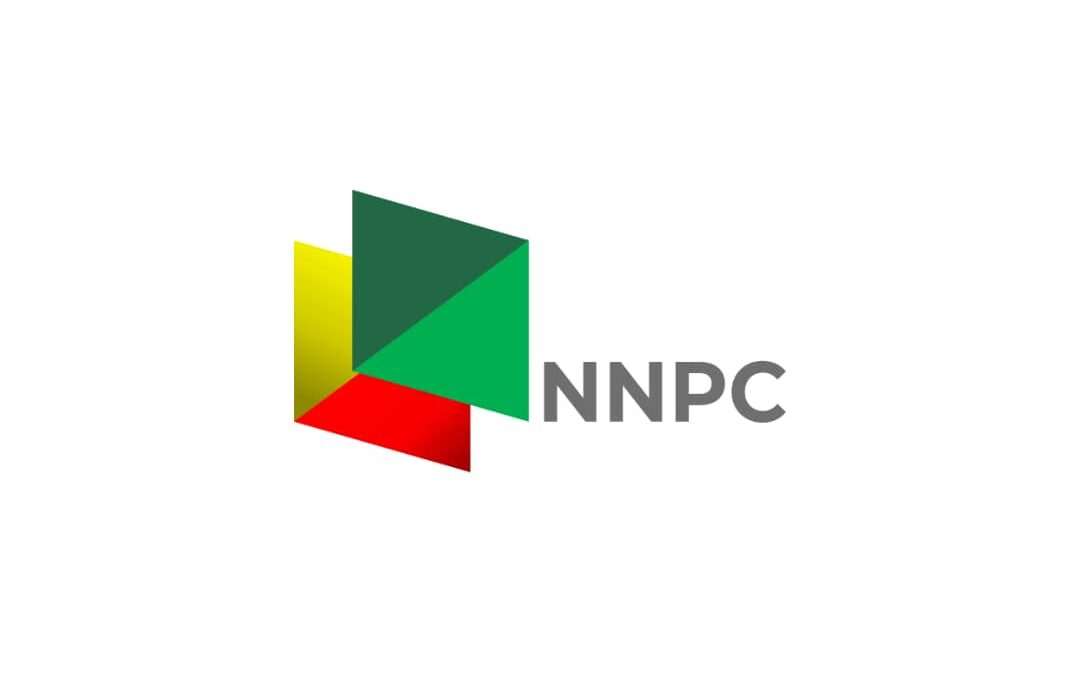Funmi Ogundare
The United Nations Children’s Fund (UNICEF), Tuesday, called on the Nigerian government, particularly the Lagos State Government, to prioritise children in budget planning and implementation, warning that insufficient and inefficient budgeting is undermining the realisation of children’s rights across the country.
Speaking at a media dialogue on public spending for children’s right in collaboration with the Lagos State Ministry of Planning and Budget, to commemorate the 2025 Day of the African Child ( DAC), the Chief of UNICEF’s Field Office for Southwest Nigeria, Celine Lafoucriere, explained that while budgets are often allocated for children, the real issue lies in whether those funds are reaching the intended beneficiaries and whether children’s welfare is truly being prioritised in Nigeria’s fiscal strategy.
“Budgeting for children shouldn’t be treated as a separate exercise,” Lafoucriere stated. “It should be embedded in the core planning for Nigeria’s population, guided by concrete data on where the most vulnerable children are, and what their needs are in terms of clean water, education, healthcare, nutrition and protection.”
She revealed that UNICEF has been working closely with the Lagos State Ministry of Economic Planning to improve transparency and accountability through the creation of a dedicated budget code. This system allows for every naira spent on child-related programmes to be tracked, ensuring visibility and helping to monitor real impact.
She stressed that allocation alone is not enough. “Once the budget is attributed, it must be spent. Lagos and UNICEF are working together on this, but we all know it’s not sufficient.”
Despite ratifying the UN Convention on the Rights of the Child in 1991, Nigeria continues to grapple with stark indicators of child welfare. Lafoucriere cited persistently high rates of malnutrition in the South-west, among the worst in the country alongside alarming levels of school dropouts and child abuse, as signs of a serious implementation gap.
“In a place like Lagos, education is still largely self-funded by schools and families,” she said. “Where is the investment in protecting children, in giving them a fair start in life? These are not luxuries, these are human rights.”
She appealed to the media and civil society to hold governments accountable while calling for unified advocacy.
“The Lagos State Government has a social contract not only with its adult population but with every child. We must remind them of that duty. If children and youth are not prioritised today, then the Lagos of tomorrow is at risk,” she stated.
Speaking with journalists, the UNICEF Programme/Social Policy Manager, Muhammad Okorie, emphasised that while most Nigerian states are budgeting for children, wide disparities exist in how effectively those budgets are translated into tangible benefits for children.
“Every state in Nigeria budgets for children in one form or another,” Okorie noted, “But the issue is not just about allocation, it’s about actual spending, equitable distribution, and evidence-based decision-making. Many states may meet or exceed budget benchmarks on paper, but the real test is in what gets implemented and how it impacts children.”
He acknowledged that Nigeria is on the right path in terms of intent and that many state governments have integrated child-focused policies into their development plans and medium-term sector strategies. However, Okorie pointed out that intentions must be backed by strong financial commitment and implementation.
“For a government to be judged serious about child rights, it must reflect in how it budgets and spends,” he said. “Until all the rights of all children are fulfilled, we cannot rest. The principle is simple: leave no child behind.”
Okorie urged governments to adopt a ‘child rights lens’ when making fiscal decisions, noting that even well-intentioned plans can fail if they are not inclusive or data-driven and investments are not reaching the most vulnerable children in every community.
He also stressed the need for full engagement of children and youth in the budgeting process, saying: “Children know what they need. When you involve them in decisions, it leads to better outcomes and greater accountability.”
The programme manager emphasised on monitoring and evaluation, saying: “We shouldn’t wait until the end of the year to ask what was done. From day one, the media, civil society, and the public must track projects, follow the money, and report what they see. Budgeting is not just about money, it’s about the lives of real children, and every naira must speak.”



